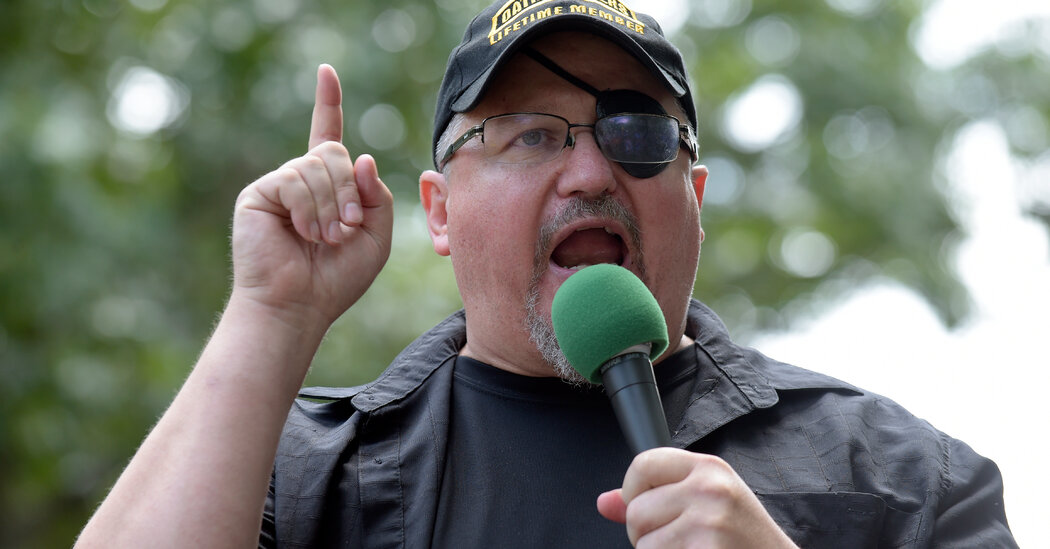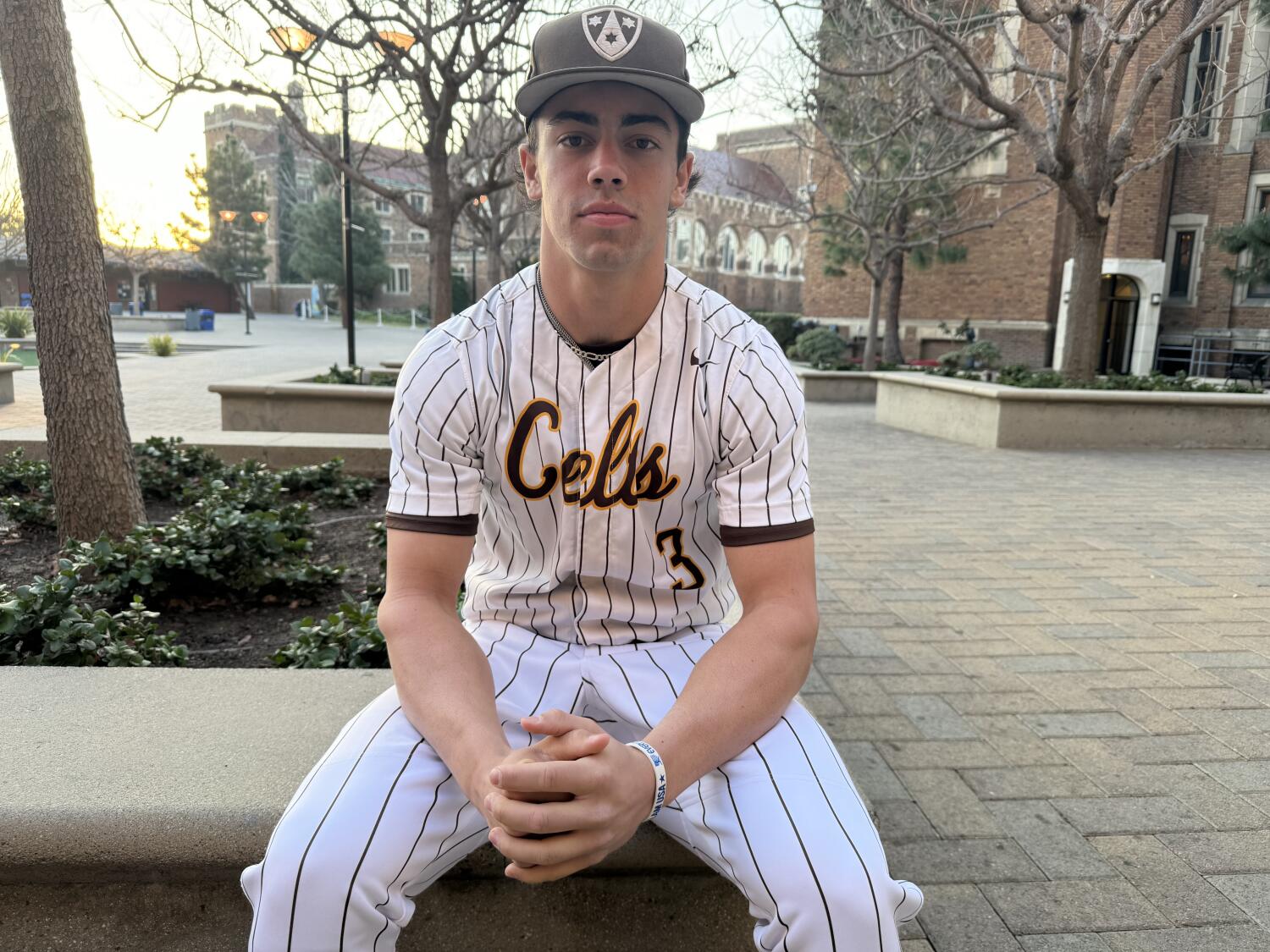
On Election Day, the letter said, Mr. Rhodes said that an “honest” count of the votes could only result in a victory for Mr. Trump and called on members of his group to “stock up on ammo” and prepare for a “full-on war in the streets.”
Key Figures in the Jan. 6 Inquiry
With his distinctive black eye patch — the result of a gun accident — Mr. Rhodes has been a fixture on the far right almost from the day in 2009 that he announced the creation of the Oath Keepers at a rally in Lexington, Mass., the site of a famous Revolutionary War battle.
At the event, Mr. Rhodes laid out an antigovernment platform for the current and former law enforcement and military personnel who joined his group, saying that his plan was for members to disobey certain illegal orders from officials and instead to uphold their oath to the Constitution.
During the Obama administration, the Oath Keepers repeatedly inserted themselves into prominent public conflicts, often playing the role of heavily armed vigilantes. In 2014, for instance, they turned up at a cattle ranch in Nevada after its owner, Cliven Bundy, engaged in an armed standoff with federal land management officials. That same year, members of the group went to Ferguson, Mo., on a self-appointed mission to protect local businesses from riots prompted by the death of Michael Brown, a Black man who was shot by the police.
After Mr. Trump took office, Mr. Rhodes and the Oath Keepers pivoted away from their antigovernment views and appeared to embrace the new spirit of nationalism and suspicions of a deep-state conspiracy that had taken root among some of the president’s supporters. Like other far-right groups such as the Proud Boys, the Oath Keepers also opposed — often physically — the Black Lives Matter protests that erupted in 2020 in the wake of the murder of George Floyd by the police in Minneapolis.
According to the indictment, Mr. Rhodes became more serious about stopping Mr. Biden from assuming office in early January, the same month he began spending thousands of dollars on military-grade firearms, ammunition and other tactical gear. Prosecutors have not accused him of bringing any weapons to Washington on Jan. 6, but they said that Mr. Vallejo and other members of the armed reaction force outside the city discussed the possibility of “armed conflict” and “guerrilla war.”
Mr. Rhodes seemed to relish the chaos at the Capitol on Jan. 6, prosecutors said. The indictment noted that shortly after 3 p.m. that day, a member of his Signal group chat sent him a message saying that members of Congress had been “given gas masks and are trying to get out.” Mr. Rhodes was said to have responded with a dismissive obscenity.







